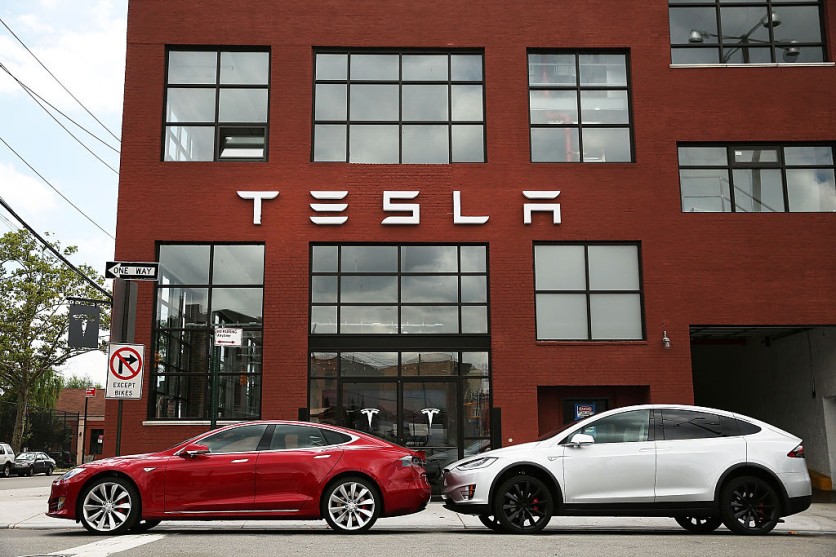Tesla has started selling its Model 3 and Model Y vehicles in Thailand at prices designed to compete with rivals like China's BYD, according to a report by AP.

Tesla's EV Expansion in Thailand
The EV giant had a huge showcase of its expansion goals at Bangkok's Siam Paragon mall. Customers from the southeast Asian country can now start ordering online, with deliveries expected to roll out in the first quarter of 2023.
Automakers hoping to increase sales, particularly of electric vehicles, are increasingly focusing on Southeast Asia, which has a market of more than 600 million consumers.
Tesla claimed that the cars would include the most recent satellite navigation systems in addition to other features like wireless software upgrades.
The EV business is currently marketing its Model 3 Performance and Long Range variants, as well as three different versions of the Model Y.
Tesla said that the costs for their electric cars would range from 1.76 million Thai baht to 2.5 million baht ($50,000-$71,000).
Additionally, the manufacturer expects to have at least 10 Supercharger stations and Service Centers operating in Thailand by the end of March.
Southeast Asian EV Hub
Thailand appears to be an attractive EV hub in the Southeast Asian region after Nissan Motor Co. and BYD established their businesses in the country before Tesla started its sales.
Another automaker giant, Mercedes, is expected to announce sales of the EQS450+ in the country soon.
The launch of Tesla is expected to significantly boost the EV market in Thailand, according to Nithi Thuamprathom, an automotive expert for Auto Life Thailand.
This is largely attributed to Tesla's competitive pricing and strong brand recognition, which give it an edge over other Chinese rivals such as BYD.
Reuters reports that for businesses like Toyota and Honda, Thailand is the fourth-largest auto assembly and export hub in Asia. Every year, it manufactures between 1.5 million and 2 million vehicles, with roughly half of it going overseas.
According to the Thailand Automotive Institute, there were 7,000 new battery EVs registered in the first 10 months of 2022, a significant increase from 2,000 in the same period the previous year.
However, fuel-based vehicles, particularly those manufactured by Japanese firms, continue to dominate the Thai market.
The Thai government expects that at least 30% of vehicles in the country are going to be electric by 2030.
State-owned energy company PTT Group and Foxconn recently formed a $1 billion joint venture to expand the EV market in Thailand further.

ⓒ 2026 TECHTIMES.com All rights reserved. Do not reproduce without permission.




